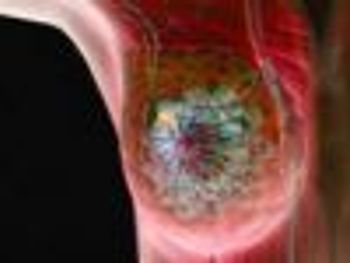
Suppressing MAFK pathway in tumor cells may slow spread of aggressive breast cancer.

Suppressing MAFK pathway in tumor cells may slow spread of aggressive breast cancer.

Study provides visualization of different conformations of transporter in motion that may lead to more effective anticancer and antiviral drugs.

Findings may lead to the development of a noninvasive clinical diagnostic test.

Blood test quickly and accurately identifies genetic mutations linked to non-small cell lung cancer.

Key factor helps drive metastases in aggressive cancers.

The Hematology Oncology Pharmacy Association (HOPA) is hosting the HOPA Policy Summit on Drug Waste in the Treatment of Cancer with health care professionals and industry members.

The Hematology Oncology Pharmacy Association (HOPA) is hosting the HOPA Policy Summit on Drug Waste in the Treatment of Cancer with health care professionals and industry members.
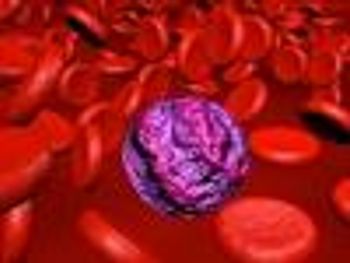
Top news of the week in oncology and cancer drug development.

Methotrexate oral solution (Xatmep) indicated to treat pediatric patients.

Midostaurin demonstrated a statistically significant improvement in overall survival among AML patients.

Midostaurin (Rydapt) approved to treat acute FLT3 mutation positive acute myeloid leukemia.
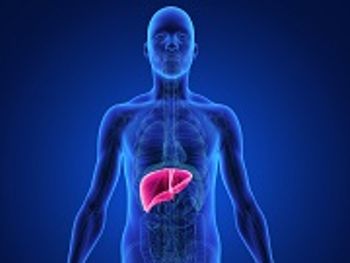
Stivarga expanded to include the treatment of hepatocellular carcinoma in patients previously treated with sorafenib.
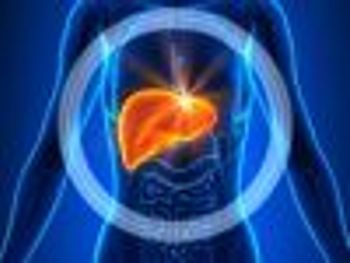
Stivarga is the first FDA-approved treatment for hepatocellular carcinoma in almost a decade.

Top news of the week in oncology and cancer drug development.

Findings could help improve treatment efficacy for patients with ALL.

Multiple myeloma survivor seeks to empower patients by illustrating the value of human life.

Protein determines whether breast cancer cells become resistant to tamoxifen.

The activation of the STAT5 protein linked to acute lymphoblastic leukemia.
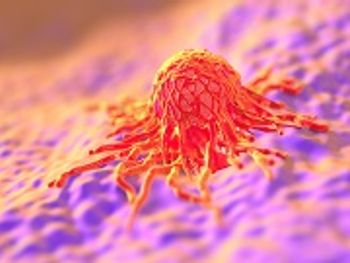
Polymer capsules that could play a key role in delivering targeted cancer therapies.

Top news of the week in oncology and cancer drug development.
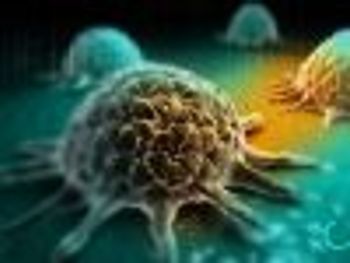
Top news of the week in oncology and cancer drug development.

Hodgkin lymphoma cancer survivors are 2.4 times more likely to develop a second type of cancer.

Study identifies potential Achilles heel of kinase-driven cancers.

Treatment with endostatin slowed the proliferation of resistant prostate cancer cells.

Most models were cancer-free within 6 weeks of treatment with selenomab-drug conjugates.